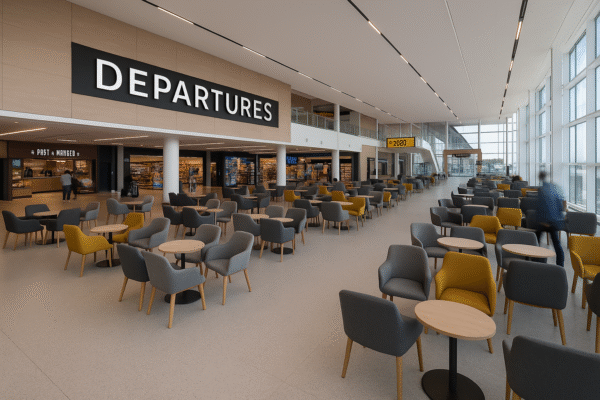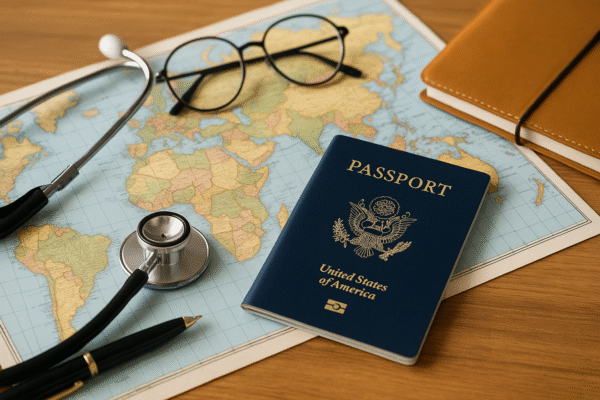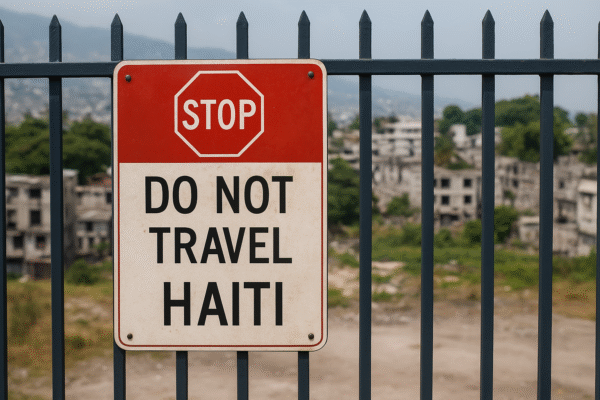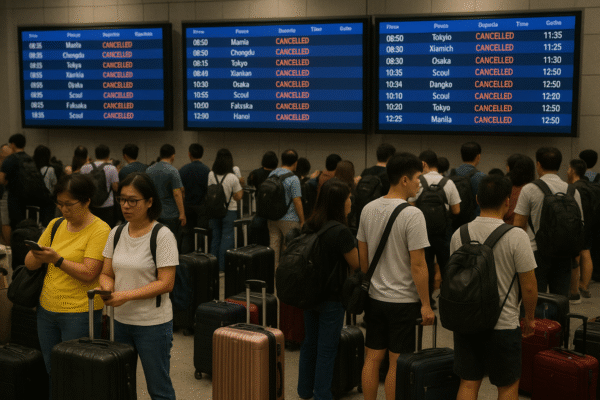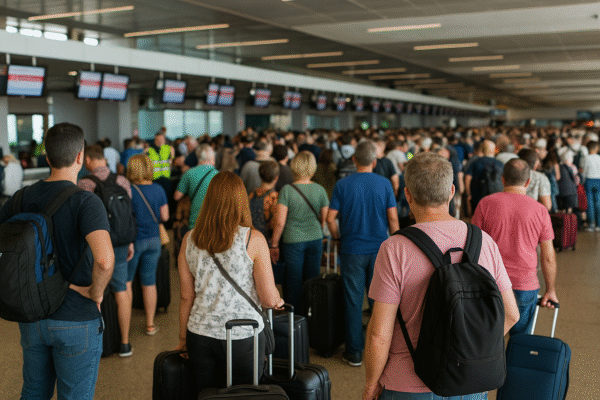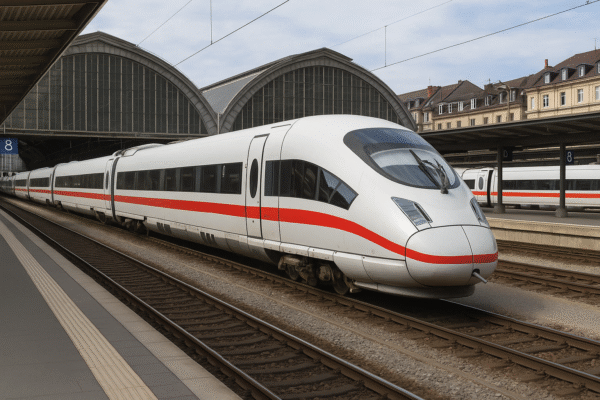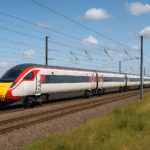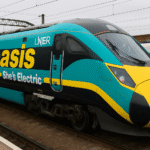The European Commission has launched a major initiative to modernize rail passenger rights across the European Union, aimed at strengthening sustainable tourism through more efficient and user-friendly cross-border train travel. The call for evidence, announced as part of an official review of the EU’s Rail Passenger Rights Regulation, reflects the bloc’s ambition to make train journeys not only greener but significantly more accessible for tourists crisscrossing the continent.
In place since 2007 and revised in 2021, the Rail Passenger Rights Regulation offers key protections such as reimbursement, rerouting, and assistance during delays or cancellations. However, as demand grows for low-emission travel and seamless mobility across borders, the European Commission is now re-evaluating the rules to better meet the needs of tourists, especially those navigating multi-operator train routes between EU countries.
Enhancing Green Tourism Through Rail
The European Green Deal calls for a 90% reduction in transport-related emissions by 2050. Trains—among the cleanest modes of transport—are pivotal to that strategy. The EU’s rail system emits up to five times less CO₂ per passenger than cars and planes, making it ideal for sustainable tourism.
By making cross-border train travel simpler and more attractive, the EU hopes to shift more leisure travelers from roads and runways to rails. From the snow-capped Alps and historic cities like Vienna and Prague to the scenic coasts of Spain and the vineyards of France, tourists will be able to experience Europe more sustainably—with fewer emissions and more comfort.
Cross-Border Rail Travel: Current Challenges for Tourists
Despite the promise of Europe’s vast rail network, international passengers often face logistical hurdles. Among the biggest barriers:
- Complex Ticketing Systems: Travelers frequently need to purchase separate tickets for each train operator involved in a journey. This can create confusion and complicate rerouting during delays.
- Missed Connections and Inconsistent Compensation: A lack of harmonized refund policies across borders means that tourists may struggle to claim assistance if one leg of their trip is delayed or canceled.
- Limited Multilingual Support and Accessibility: Non-EU tourists, including long-haul visitors from the U.S., Asia, and the Middle East, often find it challenging to navigate websites, stations, or support systems without consistent language options or clear guidance.
New Rights and Services to Benefit Tourists
The reform aims to eliminate these issues by introducing several tourist-friendly features:
- Integrated Ticketing: A unified ticket for a multi-leg journey across different operators will streamline the booking process. This all-in-one approach reduces confusion and empowers tourists to plan complex itineraries with ease.
- Stronger Re-routing and Compensation Rules: Travelers facing disruption will benefit from guaranteed alternative transport and transparent, uniform compensation processes across all EU states—minimizing the stress of trip delays.
- Improved Passenger Communication: Real-time updates in multiple languages, simplified claims procedures, and consistent service quality are part of the proposed framework. This aligns with EU efforts to improve accessibility for all, including elderly and disabled passengers.
These changes are set to increase consumer confidence in train travel, encouraging tourists to explore more destinations across the EU with a lower carbon footprint.
Unlocking Hidden Destinations Across Europe
One of the strategic goals of the reform is to encourage tourism to lesser-known areas by enhancing connectivity. Many scenic regions—from the Ardennes in Belgium and the Carpathian Mountains of Romania to the serene lakes of Slovenia and northern Sweden—are currently underexplored due to limited rail accessibility or fragmented transport systems.
By integrating national rail networks and enabling seamless travel to remote areas, the EU will foster a more balanced tourism economy. This helps alleviate overtourism in popular cities like Paris, Venice, and Amsterdam while distributing economic benefits to rural communities.
Rail and the European Tourism Economy
According to the European Travel Commission, tourism contributed over €400 billion to the EU economy in 2020. Enhancing rail connectivity not only supports economic recovery but boosts regional development by driving visitor traffic beyond major urban centers.
With the European Year of Rail declared in 2021, many countries—including Germany, Austria, and France—launched discounted interrail schemes and cross-border train trials. The new reforms expand on these pilot initiatives, building toward an integrated, eco-conscious European tourism model.
A Key Step Toward Climate-Smart Travel
The updated Rail Passenger Rights Regulation forms a cornerstone of the EU’s Fit for 55 initiative—a comprehensive package targeting emission cuts by 2030. By making rail more efficient and resilient, the reforms aim to replace short-haul flights and individual car use with greener, shared rail options.
In parallel, the Commission is investing in digital infrastructure to enable smarter mobility solutions. These include AI-powered route planning tools, dynamic pricing models, and user-friendly mobile ticketing systems—further enhancing the travel experience.
Conclusion
As Europe intensifies its commitment to sustainability, rail travel stands out as a reliable and green choice for tourists. The proposed reform of the Rail Passenger Rights Regulation marks a pivotal moment for the continent’s tourism and transport sectors. By resolving long-standing issues in cross-border connectivity, the EU is not only making travel more accessible and comfortable but also steering its tourism industry toward a cleaner, more inclusive future.
Whether you’re a backpacker exploring the Balkans or a family tracing history through Europe’s cultural capitals, your journey is about to become easier, greener, and more enjoyable—by rail.
For more travel news like this, keep reading Global Travel Wire

